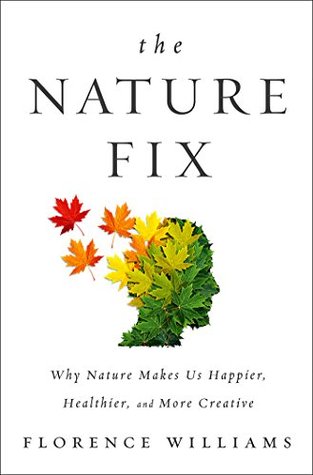More on this book
Community
Kindle Notes & Highlights
Read between
December 15 - December 16, 2018
On some level they all fought a tendency to be “tired, nerve-shaken, over-civilized people” as hiker-philosopher John Muir put it in 1901.
shinrin yoku
Muir wrote of time not in the wilderness: “I am degenerating into a machine for making money.
“If you have time for vacation, don’t go to a city. Go to a natural area. Try to go one weekend a month. Visit a park at least once a week. Gardening is good. On urban walks, try to walk under trees, not across fields. Go to a quiet place. Near water is also good.”
Was it “nature” that improved performance, or was it hanging out socially in a stimulating group for several days? Was there simply a brightening of mood that made people sharper, perhaps caused by better sleep, or the surprisingly good powdered lentils (okay, unlikely), or a flirtation with the rock-climbing instructor?
“I am away from the office and checking email intermittently. If your email is not urgent, I’ll probably still reply. I have a problem.”
going to the woods makes us feel better and more cognitively nimble.
The quietest place in the country, Hempton discovered, is a spot in the Hoh Rainforest at Olympic National Park. If you want to hear the earth without us, it’s marked by a red stone on a moss-covered log at 47-degrees 51.959N, 123-degrees 52.221W, 678 feet above sea level.
As to the perennial question of whether a tree falling in the forest makes a sound if no one is there to hear it (first posed by Irish philosopher George Berkeley), the answer is technically no. There is no sound apart from a sentient brain’s interpretation of molecules vibrating through air or water. The brain turns those molecules hitting the eardrums and pinnae into a mental idea of sound.


